
Radar | Jun 01,2024
Feb 18 , 2023
By Abeselom Samson
A global economic powerhouse, China's contributions to Africa in creating jobs for local workers and tangible improvements to public infrastructure are seen positively because they benefit ordinary citizens. Africa welcomes China`s investments based on government-to-government contracts. However, the relationship needs to transform structurally, consolidating to private-to-private and more public-to-private partnerships, writes Abeselom Samson. He can be reached at samsonaseselom1@gmail.com
China has supported Africa's development since its diplomatic ties 60 years ago, despite initial contacts dating back to the mid-eighth century. Through time, its policy towards Africa expanded to embrace a new horizon from a natural resource, soft power, and trade to more collaboration in political recognition, legitimacy, leadership, and governance without affecting African values and tradition.
Still, its leaders are expected to do more in peace-building and-keeping missions to help stabilise the continent, addressing security-related threats to China's economic interests.
The railway line between Tanzania and Zambia is considered the first monument to the China-Africa alliance after the People's Republic of China was founded in 1949.
At the start of the century, Africa imported items from Asian countries valued at five billion dollars. In the two decades since, exports from China to Africa reached 114 billion dollars. Africa’s trade volume with China ballooned to 170 billion dollars in 2017, an increase of more than 2000-fold compared to 1978. China's investment in Africa reached over 100 billion US dollars in 2016, growing over 100 times in a dozen years.
At the dawn of the 21st Century, a discourse by China challenged the global governance system towards Africa. The Sino-Africa relationship started vibrantly, shifting in two ways, adjusting development policies that benefit countries in Africa and China.
China's policy addresses cooperation and development, which has a mutual benefit.
Africa requires massive development programs that help reduce poverty. Data from Current Path indicates that an estimated 479 million Africans (28.1pc its population) will be subjected to extreme poverty by the end of this decade. Halfway through the African Union’s (AU) Agenda 2063, the continent’s impoverished people will constitute 17.8pc.
African states must build transformative, good governance and democratic institutions alongside sustainable economies. With the world’s largest free trade area and a 1.2 billion market, the continent needs a new development path to realise the potential of its resources and people.
For various reasons, African countries are looking forward to Chinese assertive foreign and trade policies; even though the debt is considered a trap, Africa's current demand needs China's investments. Africa seeks more Chinese investment in labour-intensive industries, also suitable for China, especially as labour costs in China increase.
Africa’s economies show dramatic progress and led to a new discourse as economists and development specialists began referring to the continent as “Africa Emerging” and “Africa Rising”. Her adaption to China helped it experience its own “sovereignty and security”.
Policies adopted by China and Africa were progressive and more assertive, leading the continent to show a positive growth rate with a long-term cost.
Debates abound about China's traction in Africa, whether it is related to debt or development. Those in the West want to portray this relationship through the prism of debt stress and trap.
Despite China’s aid and investment policies toward Africa, its relationship is characterised by resource exploitations and debt. The stereotypes developed by Africa and the rest of the world pictured China as a nation exploiting the continent. In Some African countries, Chinese firms manipulate laws to their advantage at the expense of safe labour conditions and unsustainable environmental practices, thereby weakening labour unions.
Beijing’s recent reaction in adjusting its policies to assuage Africans' concerns is expected to put the Sino-African relationship on a more balanced footing than before. It is likely to value its African partners, creating a favourable climate and enabling Chinese investments to continue flourishing with positive impacts.
The pressing issue demanding immediate attention is debt and managing its stress. China made a bold move promising an extensive debt relief program for some of the world’s poorest countries during a forum for China-Africa Cooperation in August last year.
Indeed, debt stress will define Africa economically, politically, and militarily. According to Paris-based finance for development lab, as many as 18 of the continent’s 54 countries will struggle to pay what they owe, with debt servicing soaring by 50pc in three years from its 2019 level.
In 2020, Chinese public and private lenders accounted for 12pc of Africa’s nearly 700 billion dollars in external debts. Most of these debts were owed by five countries: Angola, Ethiopia, Kenya, Nigeria, and Zambia. According to the Chatham House report, Ethiopia owes China about 13.7 billion dollars.
However, China wrote off merely 113 million dollars in debt in the same year.
In January this year, China’s Foreign Minister, Qin Gang, visited Africa and addressed China's commitment to resolving debt crises. He stressed the importance of the China-Africa relationship for both.
It needs much work, for it remains unbalanced.
China needs to acknowledge the continent as a home for an estimated 705 million working-age population. It is a productive resource demanding development. African leaders and the private sector must develop entrepreneurial ideas to generate 12 million new jobs annually. The World Bank estimated that Africa's GDP needs to grow at a threshold of 6.9pc annually to absorb entrants into the labour force.
Several African countries keep excelling on the Chinese ladder, using it as a golden opportunity. But still, there are a lot of issues to address which are related to transparency, corruption, and unsustainable debt with Chinese investments.
PUBLISHED ON
Feb 18,2023 [ VOL
23 , NO
1190]


Radar | Jun 01,2024
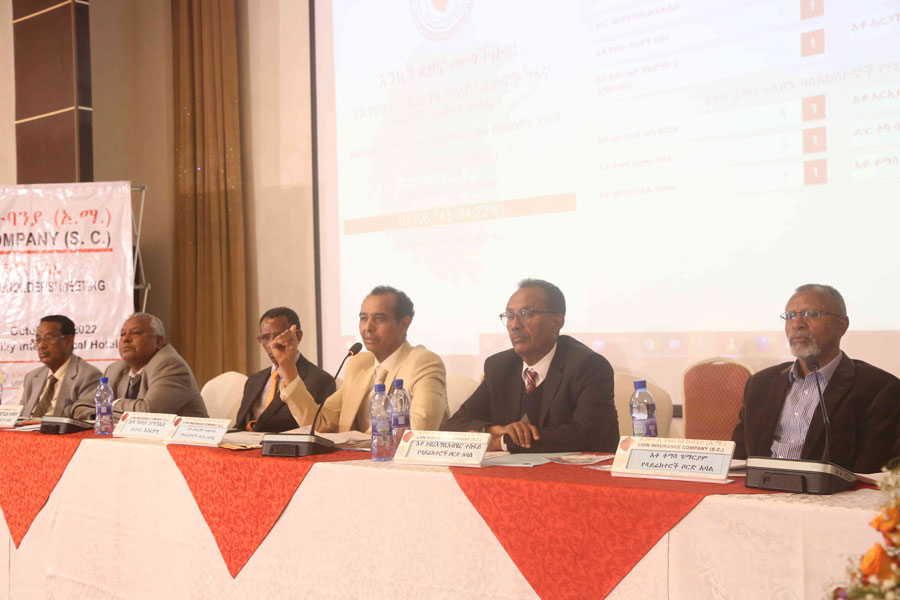
Fortune News | Feb 25,2023
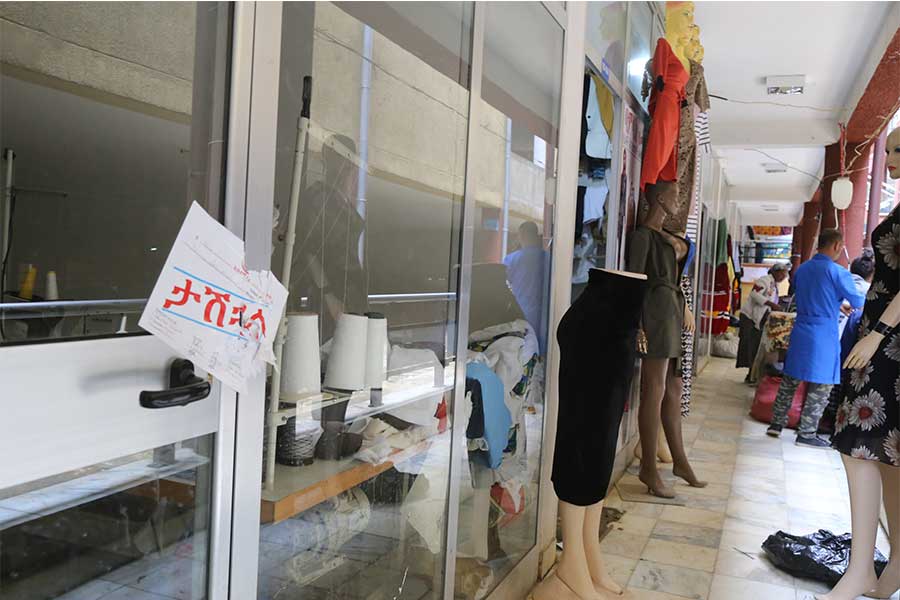
Featured | Sep 28,2019
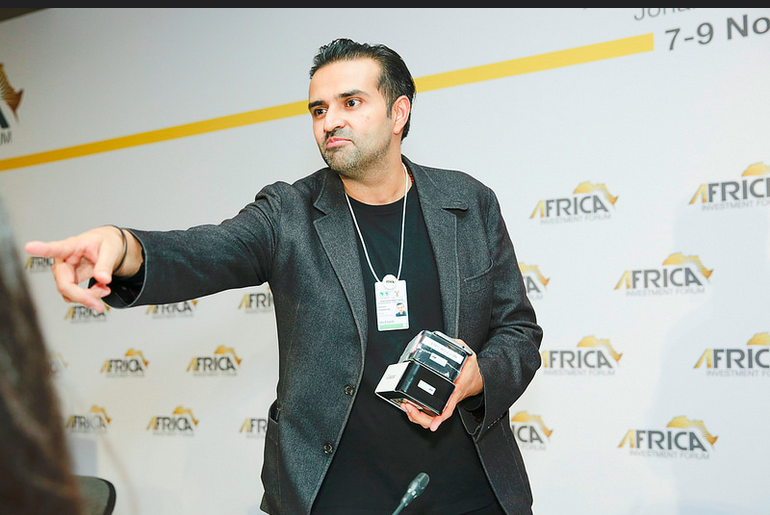
Featured | Nov 21,2018

Verbatim | May 03,2024
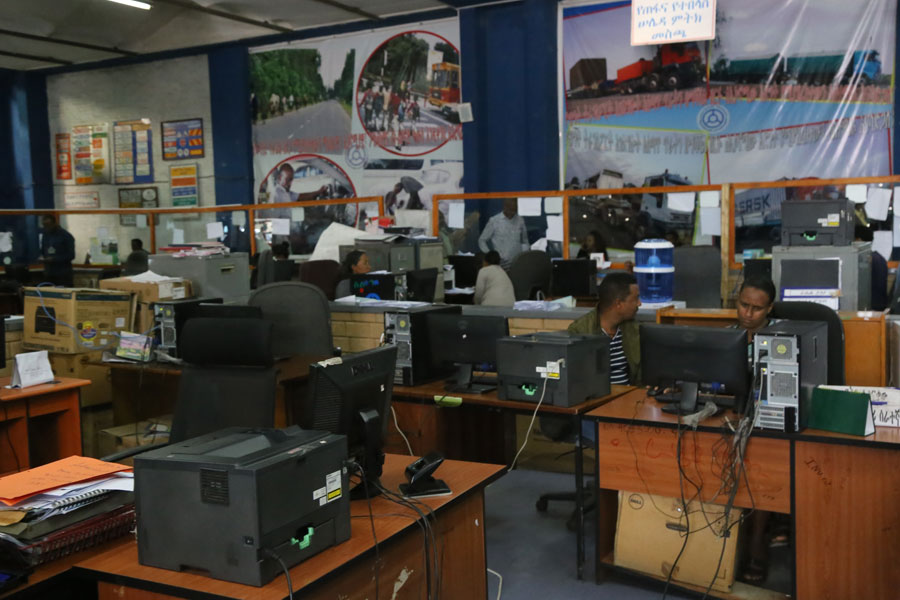
Featured | Feb 02,2019

Commentaries | Dec 26,2020
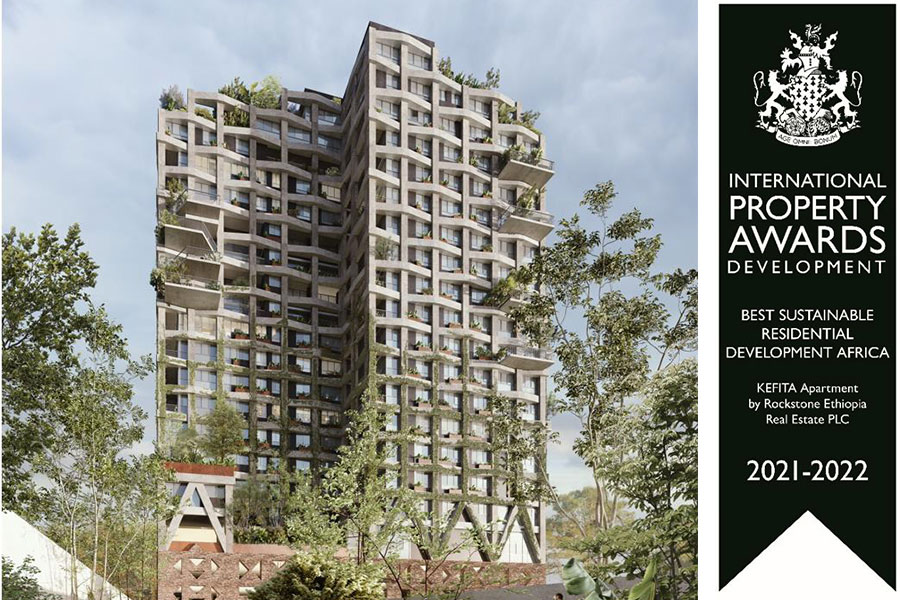
Sponsored Contents | Mar 28,2022
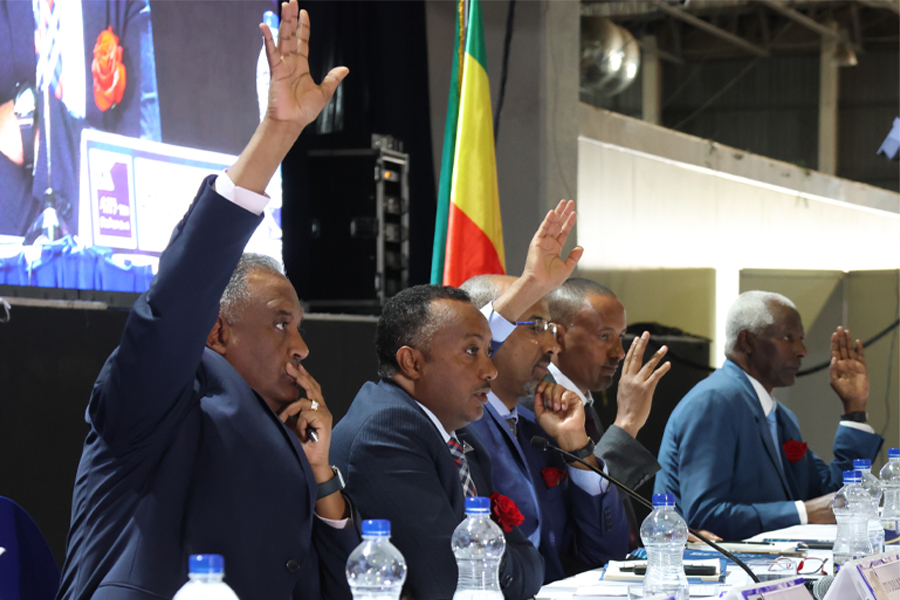
Radar | Oct 20,2024
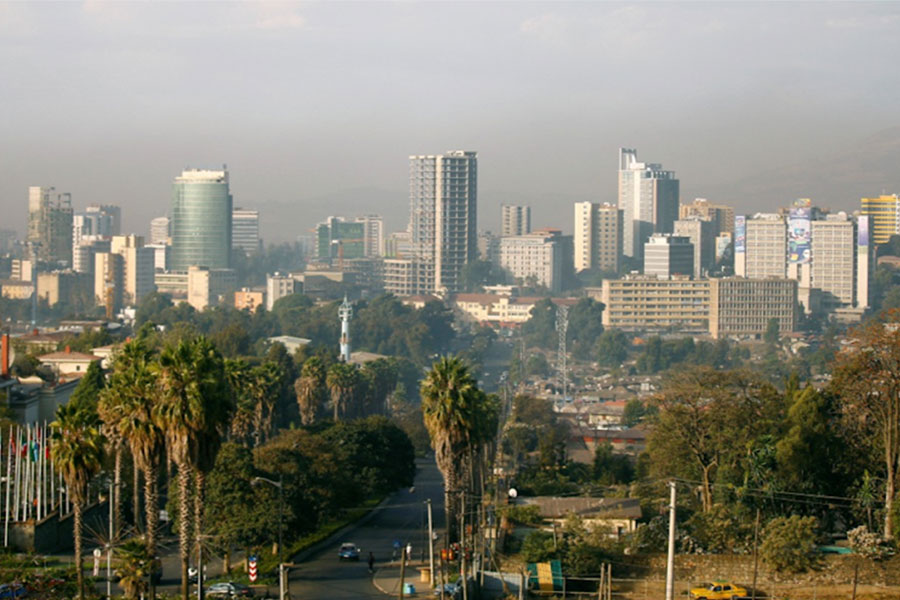
Radar | Apr 13,2025

My Opinion | 131772 Views | Aug 14,2021

My Opinion | 128157 Views | Aug 21,2021

My Opinion | 126101 Views | Sep 10,2021

My Opinion | 123723 Views | Aug 07,2021

Dec 22 , 2024 . By TIZITA SHEWAFERAW
Charged with transforming colossal state-owned enterprises into modern and competitiv...

Aug 18 , 2024 . By AKSAH ITALO
Although predictable Yonas Zerihun's job in the ride-hailing service is not immune to...

Jul 28 , 2024 . By TIZITA SHEWAFERAW
Unhabitual, perhaps too many, Samuel Gebreyohannes, 38, used to occasionally enjoy a couple of beers at breakfast. However, he recently swit...

Jul 13 , 2024 . By AKSAH ITALO
Investors who rely on tractors, trucks, and field vehicles for commuting, transporting commodities, and f...

Jul 5 , 2025
Six years ago, Ethiopia was the darling of international liberal commentators. A year...

Jun 28 , 2025
Meseret Damtie, the assertive auditor general, has never been shy about naming names...

Jun 21 , 2025
A well-worn adage says, “Budget is not destiny, but it is direction.” Examining t...

Jun 14 , 2025
Yet again, the Horn of Africa is bracing for trouble. A region already frayed by wars...

Jul 6 , 2025 . By BEZAWIT HULUAGER
The federal legislature gave Prime Minister Abiy Ahmed (PhD) what he wanted: a 1.9 tr...

Jul 6 , 2025 . By YITBAREK GETACHEW
In a city rising skyward at breakneck speed, a reckoning has arrived. Authorities in...

Jul 6 , 2025 . By NAHOM AYELE
A landmark directive from the Ministry of Finance signals a paradigm shift in the cou...

Jul 6 , 2025 . By NAHOM AYELE
Awash Bank has announced plans to establish a dedicated investment banking subsidiary...